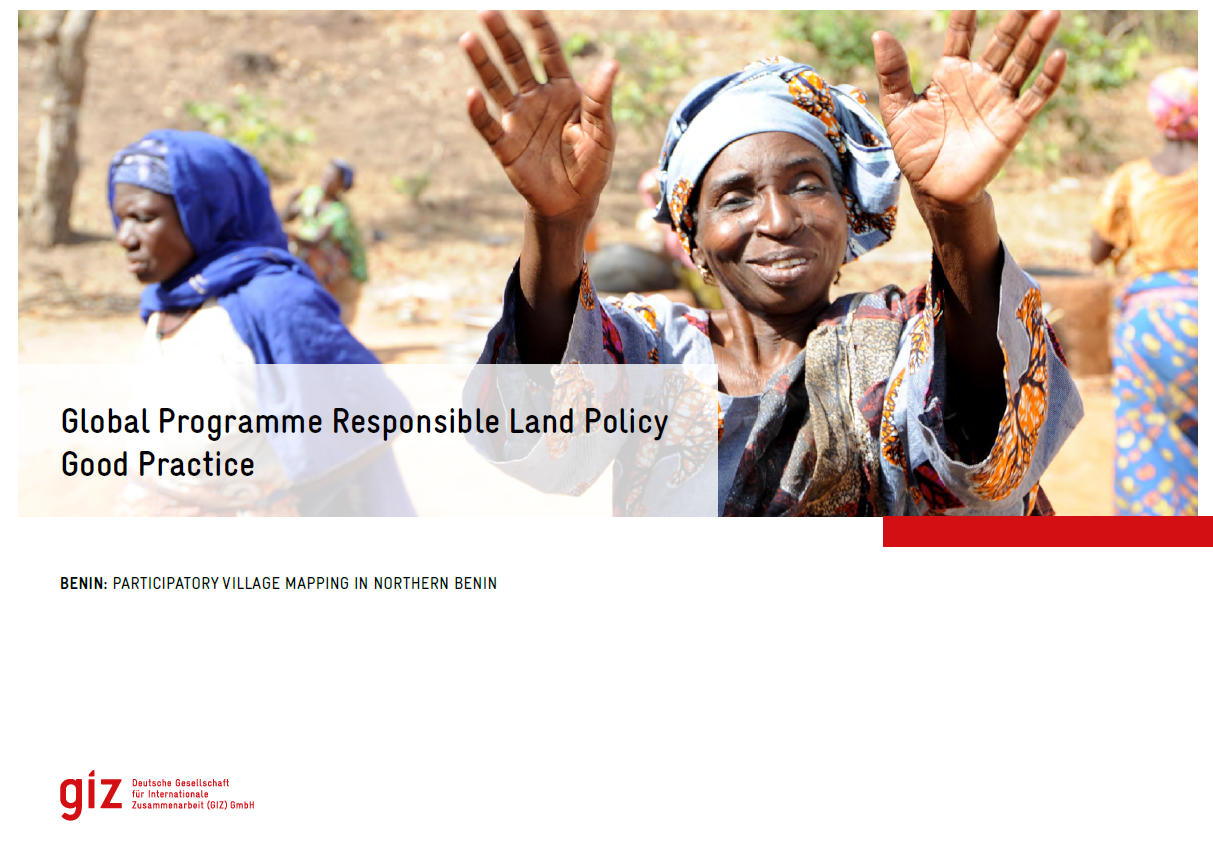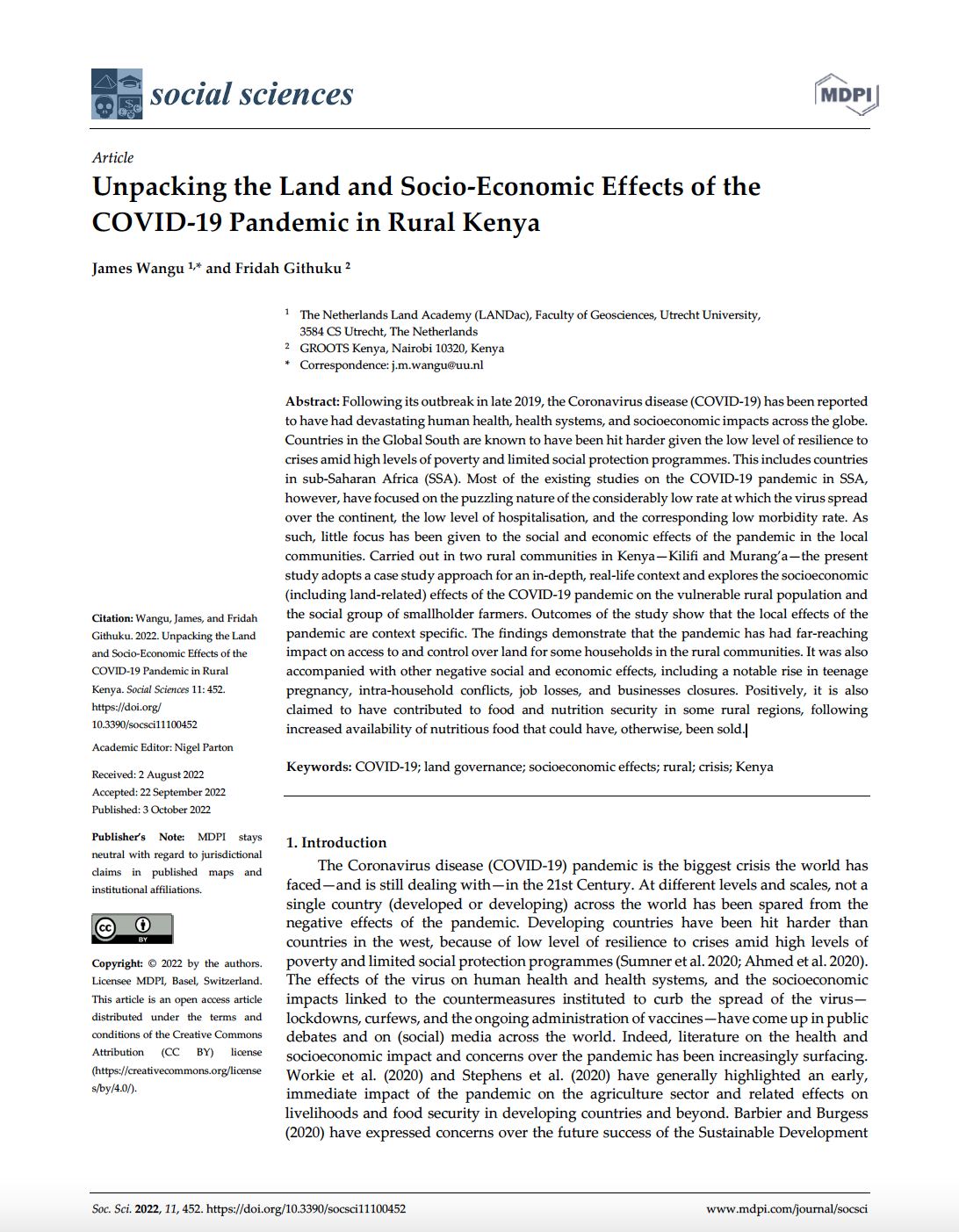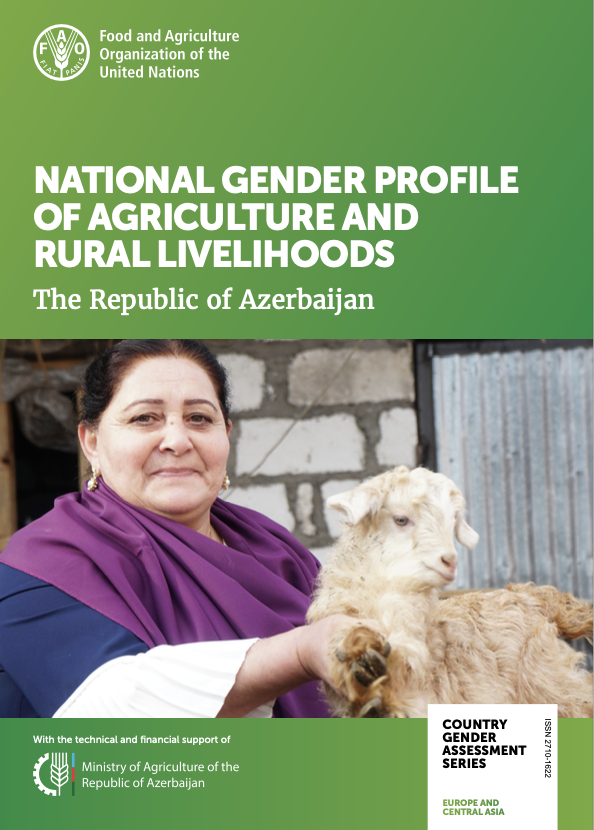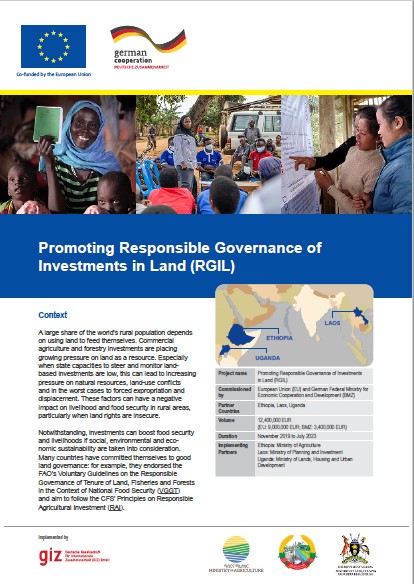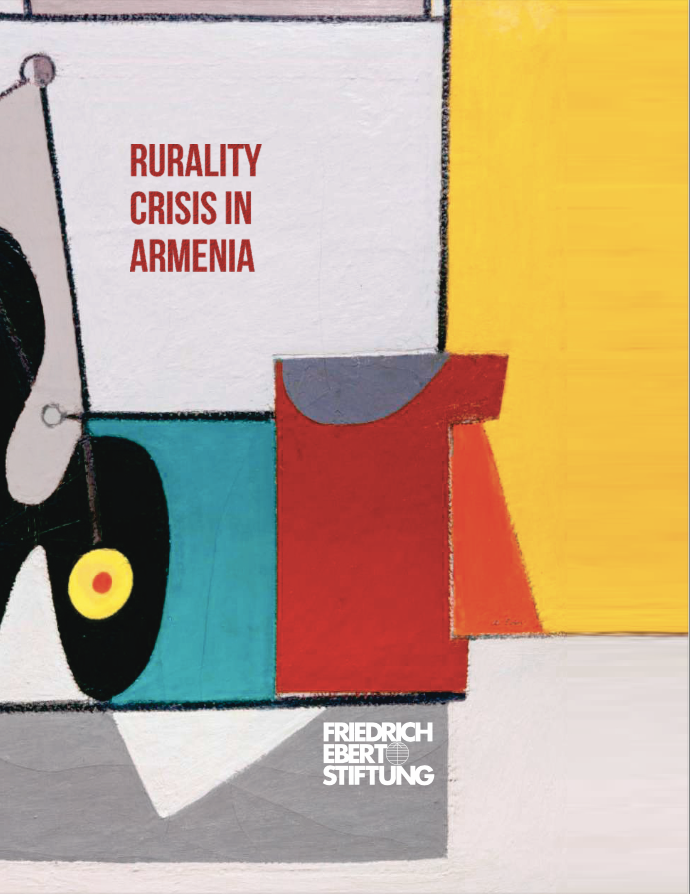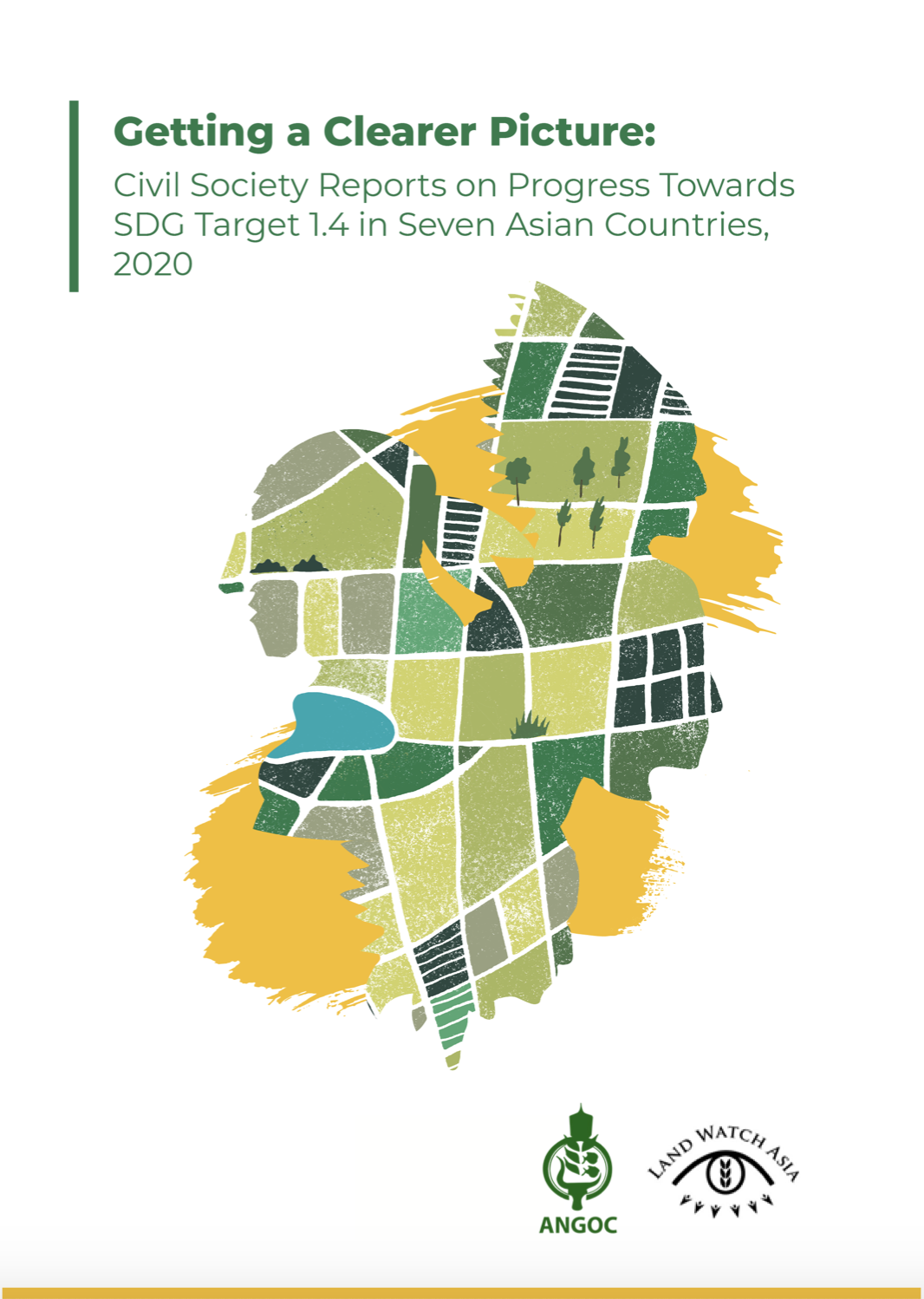Understanding the dynamics and identify entry points to build resilience in groundnut value chain in Senegal: A group model building approach
This working paper focuses on analyzing the dynamics of the peanut value chain in Senegal and identifying entry points to enhance its resilience. Using an innovative Group Model Building approach, the study explores the complexities of the chain, which is central to Senegalese agriculture, covering 40% of the total cultivated area.


